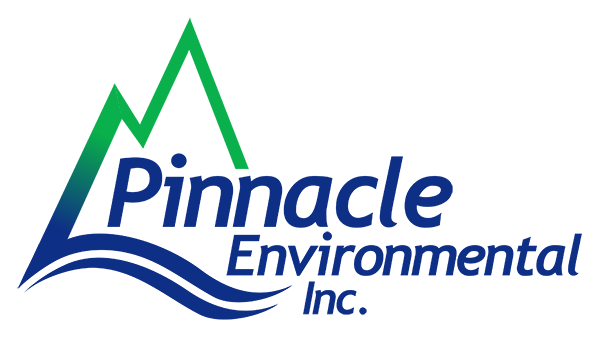Mandatory Climate Disclosures
The Cascading Impact from Large Companies to Small Business
In a significant move towards corporate transparency and environmental accountability, the Securities and Exchange Commission (SEC) proposed a rule in March 2022 that would necessitate mandatory climate disclosures within the annual filings of publicly traded companies. This response to increasing investor demands for standardized risk information could impact around 4,000 publicly traded companies (SEC; 1).
The proposed rule goes beyond reporting disclosures associated with Scope 1 and 2 greenhouse gas emissions (GHG) associated with direct manufacturing and distribution, but also encompasses Scope 3 emissions, extending to the entire supply chain, including vendors. This shift could significantly influence the sustainability practices of these companies.
Ever on the forefront of environmental regulations, California passed two assembly bills (SB 253 and SB 261) in October 2023, targeting large businesses with climate disclosures and reporting requirements. The legislation mandates reporting on climate risk prevention strategies for such companies with annual revenues exceeding $500 million and extends the requirement to report Scope 1, 2, and 3 emissions for companies with annual revenues exceeding $1 billion (CA Legislative Info: 2 & 3). This move is poised to affect approximately 5,400 private and public companies.
While quantifying Scope 1 and 2 emissions may pose a challenge for large businesses, the real game-changer lies in Scope 3 emissions, which are estimated to constitute a substantial 75 to 80% of a company’s total emissions (Carbon Disclosure Project; 4). The recently proposed reporting requirements are anticipated to have a cascading effect on the downstream network of vendors, suppliers, and distributors.
For smaller companies dependent on large corporations as their customer base, reporting emissions may not be a regulatory obligation but could be mandated by the corporations themselves as a condition for doing business. This not only emphasizes the interconnectedness of businesses but also signals a shift towards a more sustainable and responsible business ecosystem.
In California, Scope 3 reporting requirements are not set to be in effect until 2027. Meanwhile, in the European Union, regulations have been enacted, affecting 11,600 mediums sized companies meeting specific criteria related to employee count and total assets (European Commission; 5). This indicates a global trend towards more comprehensive environmental reporting filtering down to smaller businesses.
Although the United States has been slower in adopting greenhouse gas reporting requirements, recent actions by the SEC and the state of California suggest an imminent change. While these changes may initially impact larger corporations and private entities, the need to collect and report Scope 3 emissions is expected to eventually reach and influence small to medium-sized businesses, reshaping the landscape of corporate sustainability practices.
[1] https://www.sec.gov/news/press-release/2022-46
[2] https://leginfo.legislature.ca.gov/faces/billNavClient.xhtml?bill_id=202320240SB261
[3] https://leginfo.legislature.ca.gov/faces/billNavClient.xhtml?bill_id=202320240SB253
[4] https://cdn.cdp.net/cdp-production/cms/guidance_docs/pdfs/000/003/504/original/CDP-technical-note-scope-3-relevance-by-sector.pdf?1649687608
[5] https://finance.ec.europa.eu/capital-markets-union-and-financial-markets/company-reporting-and-auditing/company-reporting/corporate-sustainability-reporting_en
